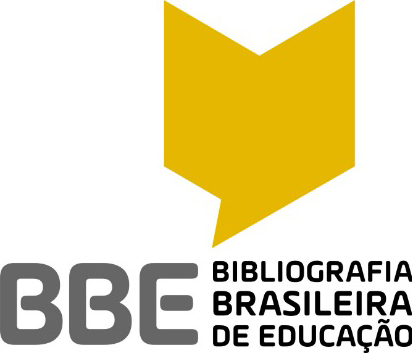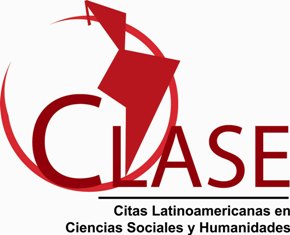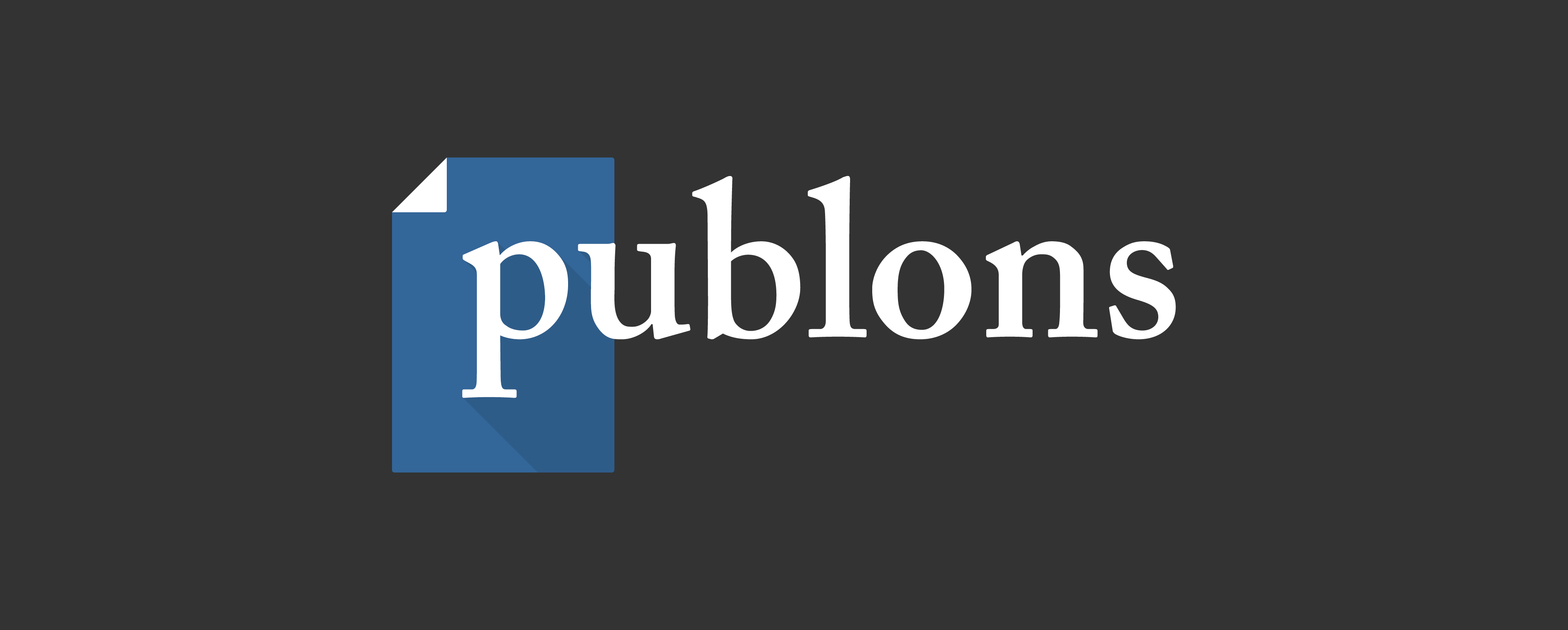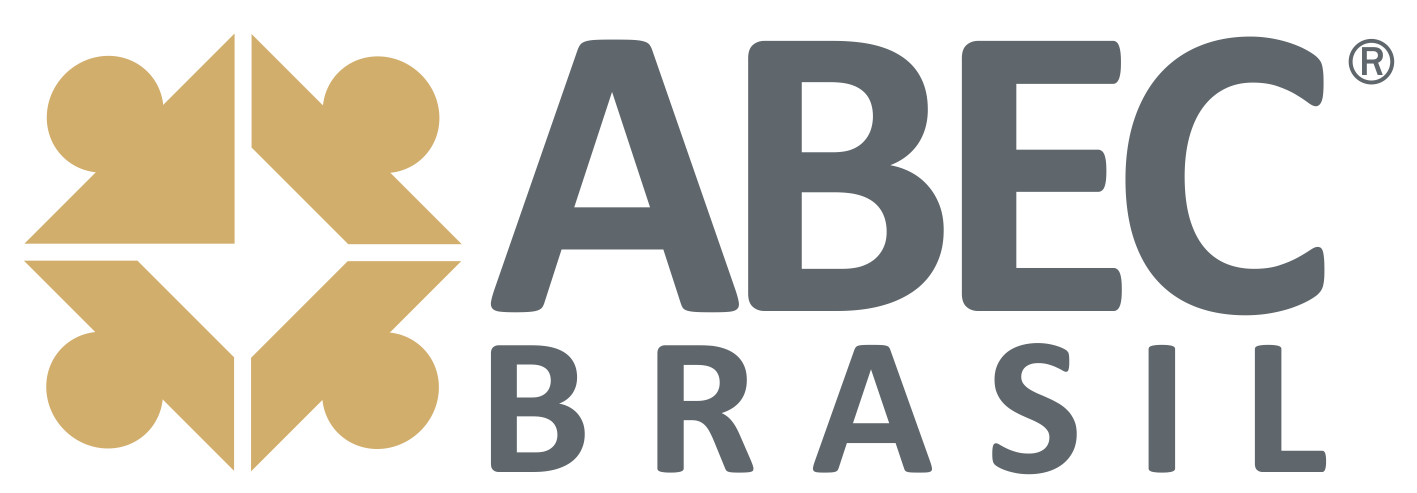Pensamento computacional através do Scratch numa perspectiva Maker
DOI:
https://doi.org/10.22169/revint.v16i37.1933Abstract
ABSTRACT
The present work deals with the creation of a maker culture in the school space through the use of Scratch software as an educational tool in Elementary Education, aimed at the development of computational thinking, such as teaching logic, programming, with a group of 5th grade students. of elementary school in the early years of a Municipal School, promoting creativity, playfulness, content production and collaborative work among students. The objective is to analyze how Scratch enhances the development of computational thinking in elementary school students in the early years of a Rural School in the city of Olinda-PE. Through the creation of Maker Space, as a proposal to insert the Maker culture in the classroom. Aiming at the student's participation in a critical, ludic and collaborative way. The results show that the use of the Scratch software provided students with a stimulus and curiosity to learn the creation of digital games, logic and programming and the development of computational thinking. The qualitative methodology used, employing semi-structured interviews and participant observation, mediated by challenges, questions and problems. They were challenged to create digital games and interactive stories, with the characters of the games created. The students showed interest, curiosity and spontaneity when solving the proposed problems. It was observed that Scratch is an important ally in the process of creative learning, making the student actively participate, since he works in the apprentice, something that was considered essential in
learning, which is motivation. The use of Scratch about computational thinking is fundamental for the school to create spaces for the development of programs such as Scratch that awakens in students the maker culture “doing it with your own hands” putting your hands together and being knowledge creators, while rather than passive consumers.
Keywords: Scratch. Culture maker. Computational thinking.
Downloads
References
BRACKMANN, C. P. Desenvolvimento do pensamento computacional através de atividades desplugadas na educação básica. Tese (Doutorado) — UFRGS, Porto Alegre, 2017. Disponível em:< https://lume.ufrgs.br/handle>
BORBA, M. d. C. O computador é a solução: mas qual é o problema? In: Formação docente: rupturas e possibilidades. 1. ed. Campinas: Papirus, 2002, (Cidade Educativa). p. 141–161.
BUCKINGHAM, D. Cultura digital, educação midiática e o lugar da escolarização. Educação e Realidade, Porto Alegre, v.35, n.3, p.37-58, 2010. Disponível em: http://seer.ufrgs.br/educacaoerealidade/article/view/13077. Acesso em: 22 nov. 2017.
BRASIL. Base Nacional Comum Curricular (BNCC). Educação é a Base. Brasília, MEC/CONSED/UNDIME, 2017. Disponível em : < http://basenacionalcomum.mec.gov.br/images/BNCC_EI_EF_110518_versaofinal_site.pdf>. Acesso em 02 janeiro de 2019.
COUTINHO, Clara; LISBÔA, Eliana. Sociedade da informação, do conhecimento e da aprendizagem: desafios para educação no século XXI. Revista de educação. v.18, n.1, p.5-22, 2011. Disponível em: <http://repositorium.sdum.uminho.pt/handle/1822/14854>. Acesso em: 13 ago. 2015.
ESHET-ALKALI, Y.; AMICHAI-HAMBURGER, Y. Experiments in digital literacy. CyberPsychology & Behavior, v. 7, n. 4, p. 421–429, 2004.
HARGREAVES, A. O ensino na sociedade do conhecimento:a educação na era da insegurança. Porto: Coleção Currículo, Políticas e Práticas. Porto Editora, 2003.
MORAES, Emerson Evandro Martins. A escola do século XXI: as redes sociais na educação. Disponível em: <http://pt.slideshare.net/evaquarai/a-escola-do-sculo-xxi- as-redes-sociais-na-educao>. Acesso em: 15 ago. 2019.
MAGENNIS, Saranne; FARRELL, Alison. Teaching and learning activities: Expanding the repertoire to support student learning. Emerging issues in the practice of university learning and teaching, v. 1, 2005.
MORETTI, Vinícius Fernandes. O pensamento computacional no ensino básico: potencialidades de desenvolvimento com o uso do Scratch - 2019. Trabalho de conclusão de curso (Graduação) -- Universidade Federal do Rio Grande do Sul, Instituto de Matemática e Estatística, Licenciatura em Matemática, Porto Alegre, BR-RS, 2019.
MAJED, Marji. Title of English-language original: Learn to Program with Scratch. published by No Scratch Press. Portuguese - language, by Nonatec Editora Ltda. All rights reserved, 2014.
NEVES, Heloisa. O movimento maker e a educação: como FabLabs e Makerspaces podem contribuir com o aprender. Fundação Telefônica Brasil, 2015. Disponível em: http://fundacaotelefonica.org.br/noticias/o-movimento-maker-e-a-educacao-como-fab-labs-e-makerspaces-podem-contribuir-com-o-aprender/. Acesso em: 17 out. 2019.
PRENSKY, M. Aprendizagem baseada em jogos digitais. São Paulo: Senac, 2001.
PAPERT, S. A máquina das crianças: repensando a escola na era da informática. Porto Alegre: Artes Médicas, 1994.
RESNICK, Mitchel. A tecnologia deve levar o aluno a ser um pensador criativo. Nova Escola. 01 jul. 2014. Disponível em: <https://novaescola.org.br/conteudo/905/mitchel-resnick-a-tecnologia-deve-levar-o- aluno-a-ser-um-pensador-criativo Acesso em: 03 jul. 2016.
Ramos, J. L.; Espadeiro, R. G. Os Futuros Professores e os professores do futuro. Os desafios da introdução ao Pensamento Computacional na escola, no currículo e na aprendizagem. Revista Educação, Formação & Tecnologias, v. 7, p. 4–25, 2014.
SILVEIRA, Fábio. Design & Educação: novas abordagens. p. 116-131. In: MEGIDO, Victor Falasca (Org.). A Revolução do Design: conexões para o século XXI. São Paulo: Editora Gente, 2016.
SILVA, Maria Aparecida & SILVA Jaelson . Cultura maker e educação para o século XXI: relato da aprendizagem mão na massa no 6º ano do ensino fundamental/integral do sesc ler Goiana. XVI Congresso Internacional de Tecnologia na Educação. Anais 2018.
ZSIGMOUND, Fábio. Tecnologia e a cultura do ‘faça você mesmo”. Entrevista ao programa conexão futura, exibido no canal futura, janeiro de 2017. Disponível em: < https://www.youtube.com/watch?v=FO5oxuYfvfg>. Acesso em junho de 2018.
VIEIRA, Sebastião da Silva. A contribuição da produção de vídeos digitais por discentes de uma escola municipal na construção do conhecimento contextualizado no ensino de ciências. 175 f. Dissertação (Mestrado) - Universidade Federal de Pernambuco, CE. Programa de Pós-graduação em Educação Matemática e Tecnológica, Recife, 2017.
WING, J. M. Computational thinking. Communications of the ACM, v. 49, n. 3, p. 33–35, 2006.
___________ Computational thinking: what and why? 2010. Disponível em: . http://www.cs.cmu.edu/~CompThink/resources/TheLinkWing.pdf Acesso em: 26 mai. 2019.
Downloads
Published
How to Cite
Issue
Section
License
Os direitos autorais dos artigos publicados na Revista são de acordo com a licença CC-BY-ND - Creative Commons ( https://creativecommons.org/licenses/by-nd/4.0/legalcode)
Esta licença permite que outras pessoas reutilizem o trabalho para qualquer finalidade, inclusive comercialmente; no entanto, não pode ser compartilhado com outras pessoas de forma adaptada e o crédito deve ser fornecido ao autor.
Os direitos autorais dos artigos publicados na Revista são do autor, com os direitos de primeira publicação para a Revista





























